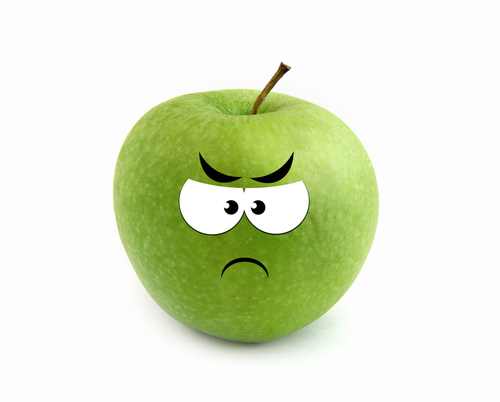The European Commission has promised to protect users from the growing problem of in-app purchases within online games, and in particular inadvertent purchases by children.
And officials singled out Apple as being the worst offender over the matter, whilst noting in comparison that Google has already taken steps to rectify the problem.
App Protection
The Commission said that following a “large number of complaints in EU countries concerning in-app purchases”, it is joining forces with national authorities to tackle the problem.
“The coordinated enforcement action in the EU on in-app purchases in online and mobile games has made real progress in delivering tangible results,” said the Commission. “Industry has made a number of engagements which seek to address consumer concerns. The action will increase consumer confidence in the fast-growing ‘app’ sector.”
“This is the very first enforcement action of its kind in which the European Commission and national authorities joined forces,” said EU Commissioner for Consumer Policy Neven Mimica. “I am happy to see that it is delivering tangible results.
“The Commission is very supportive of innovation in the app sector,” said VP Neelie Kroes, responsible for the Digital Agenda. “In-app purchases are a legitimate business model, but it’s essential for app-makers to understand and respect EU law while they develop these new business models.”
The Commission wants to ensure that games advertised as “free” should not mislead consumers about the true costs involved. It also wants no targetting of children to buy items in a game, and consumers to be adequately informed about the payment arrangements for purchases, for needs their explicit consent.
 Bad Apple?
Bad Apple?
In the Commission’s good books was Google, which it said had already made a number of changes, all of which will be implemented by September this year.
But sitting firmly on the naughty step is Apple.
“Although, regrettably, no concrete and immediate solutions have been made by Apple to date to address the concerns linked in particular to payment authorisation, Apple has proposed to address those concerns,” said the Commission.
“However, no firm commitment and no timing have been provided for the implementation of such possible future changes,” it said, and warned it would “continue to engage with Apple” over the matter.
Across The Pond
The move by the Commission and national regulatory bodies over the matter, mirrors what is happening in the United States, as the US communications regulator, the US Federal Trade Commission (FTC), tightens up the regulations surrounding the use of in-app purchases.
Earlier this month Amazon threatened to sue the FTC over its complaint against the e-commerce giant. The FTC warned Amazon that purchases within apps were allowing children to rack up big bills while playing games, and it could face penalties similar to those imposed on Apple.
In January this year, the FTC fined Apple a minimum of $32.5m (£19.9m) as part of a deal to settle a FTC complaint involving in-app purchases made by children. Tim Cook was reportedly furious that the FTC had made the settlement public, arguing that in affect the fine felt like double jeopardy, because Apple had already settled and refunded monies after a similar class-action lawsuit.
Microsoft research last year estimated that children were using their parents’ smartphones to buy apps and make in-app purchases (IAP) valued at £30.9 million, or an average of £35 per family. 28 percent of parents said their children had bought an application without permission, and 83 percent of those said they had suffered “bill shock” as a result.
How much do you know about smartphones? Take our quiz!






